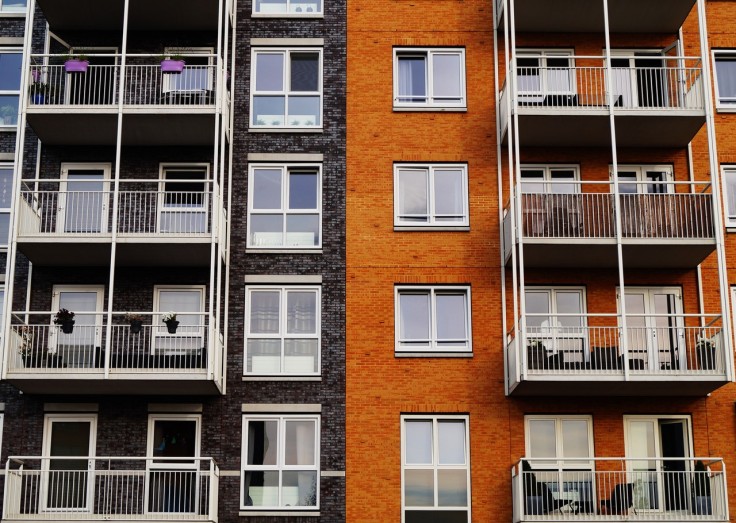Here is Why Millennials Do Not Want to Own a Home, and Keep Renting in Big Cities Instead
By
Buying a home for millennials won't be easy as the gap in affordability keeps expanding. The home affordability rating for first-time buyers in 2018 fell to 92.5% according to the National Association of Realtors (NAR).
Affordability, high student debt and less availability of loans are just a few of the reasons why millennials do not buy homes at previous generations' rates. In 2015, 37% of millennials own homes - 8% lower than Generation X and baby boomers at the same age.
The index for 2015 was 109.3. The index is an average across the United States, so that means there are more affordable areas of the country. The problem is whether or not millennials are willing to relocate in order to buy a home and leave their careers, friends and family.
In 2018, fewer than 60% of people between the ages of 25 and 34 lived with either a spouse or partner compared to 80% in 1967. The growing complexities of marrying and having children mean that millennials stay longer at home and postpone purchasing their first home.
Bank of America discovered, in a study on trends in the purchase of millennial homes, that typical reasons for buying a home are life events such as getting married or having children. They revealed that the longer this age group lives with parents or separately, the more home ownership will be postponed.
Student debt in the U.S. has reached $1.5 trillion in 2018 and has become a burden for thousands of years, especially when trying to enter the housing market. The same group also had to deal with stingy wages and inflation in much of the job market, putting additional pressure on loans being paid off.
More than 50% of homebuyers under the age of 36 said that student debt delayed their home purchase, according to the 2018 NAR survey. Apartment List reports that college graduates without student debt need to save for 7.6 years in 2018 for a 20% down payment. Those with debt need to save for four more years.
Banks tightened credit underwriting to reduce risk and doubled down on homebuyers' 20% down payment rule. But as house prices rise, accumulating enough cash to put down on a home takes millennials longer.
Millennials also keep flocking to cities. In 2018, Pew Research found that 88% of millennials live in metropolitan areas. Whether it's a social movement or the demand for greater job prospects, millennials are heading to regions with a higher proportion of tenants relative to homeowners, pushing up rental prices in the urban centers they prefer to live in.
Millennials so far seem hesitant to own a backyard. New home sales have reached 2000 levels within five miles of the centers of the 10 most densely populated cities. But sales are about 50% below 2000 levels in areas 10 miles outside the city.
Housing prices in the U.S. continue to rise, and while millennials postpone home ownership, there is proof that ownership is not out of control. Although there are still some financial constraints - student debt, down payments, and social changes in how young adults live have driven home ownership to record low rates. The average age of millennials living with parents or renting an apartment is indeed increasing.
© 2025 University Herald, All rights reserved. Do not reproduce without permission.








